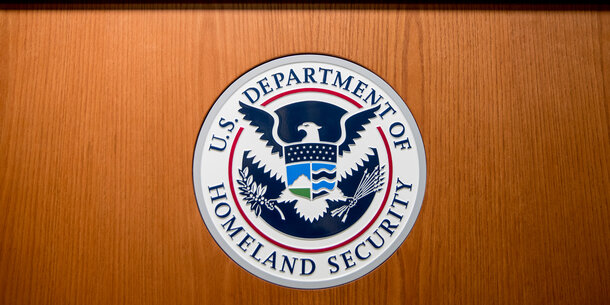For Immediate Release
April 19, 2024
Contact:
Derek Rosenfeld, rosenfeldd@brennan.law.nyu.edu, (516) 375–9285
Rebecca Autrey, autreyr@brennan.law.nyu.edu, (301) 518–2666
Tonight the Senate passed the Reforming Intelligence and Securing America Act (RISAA), a bill that would reauthorize Section 702 of the Foreign Intelligence Surveillance Act (FISA) for two years and greatly expand the federal government’s power to conduct electronic surveillance, including of Americans. The House passed the bill on April 12. It now awaits President Biden’s signature.
Elizabeth Goitein, senior director of the Brennan Center’s Liberty and National Security Program, had the following comment:
“Tonight, a majority of senators caved to abject fearmongering and passed the largest expansion of domestic surveillance authority since the Patriot Act. The bill, which would effectively grant the federal government access to the communications equipment of almost any business in the United States, is a gift to any president who may wish to spy on political enemies.
“Although some senators fought valiantly to protect Americans’ civil liberties, they could not overcome the barrage of false and misleading statements from the administration and surveillance hawks on the congressional intelligence committees. This is a truly shameful episode in the history of the U.S. Congress, and sooner or later, the American people will pay the price.”
Background
Section 702 authorizes warrantless surveillance of foreigners overseas, but it has been widely abused in recent years to spy on Americans, whose communications with people abroad are inevitably swept in by the surveillance. The Senate had rejected several amendments to the bill passed tonight that would have added civil liberties protections, including a requirement for the government to obtain a warrant before accessing Americans’ communications acquired under Section 702.
The Senate had also rejected an amendment to strike a particularly controversial provision that was added in the House. That provision would allow the government to compel an enormous range of U.S. businesses, organizations, and individuals to assist the National Security Agency in conducting Section 702 surveillance. These people and entities could be required to give the NSA access to their phones, computers, wifi routers, and other communications equipment through which emails, texts, phone calls are transmitted between Americans and non-Americans overseas.
Brennan Center Resources
- “Closing the Data Broker Loophole” (Emile Ayoub and Elizabeth Goitein, February 2024)
- “Protecting Americans from Warrantless Surveillance” (Elizabeth Goitein, December 2023)
- “How to Fix U.S. Surveillance Law,” (Elizabeth Goitein, July 2023)




